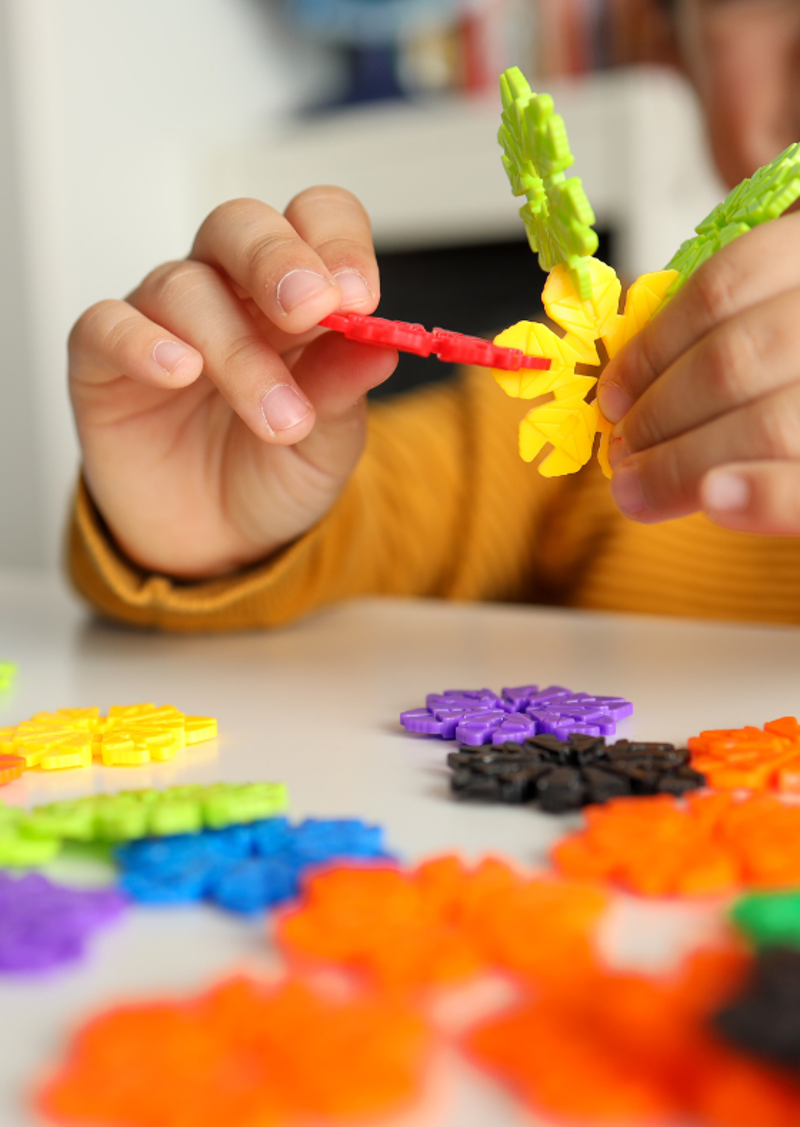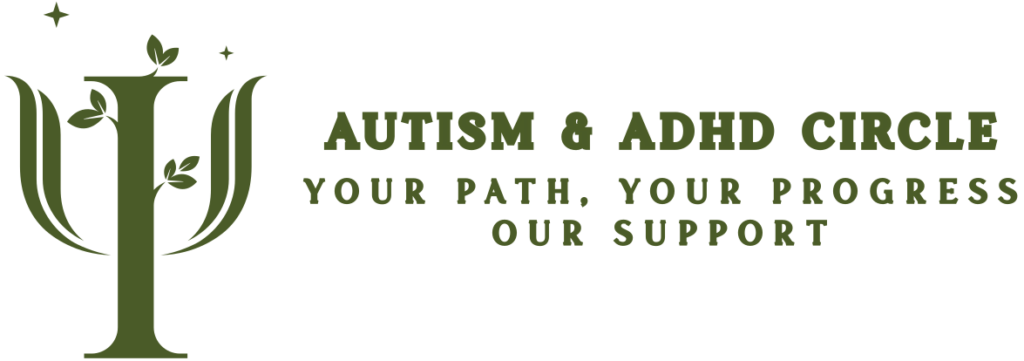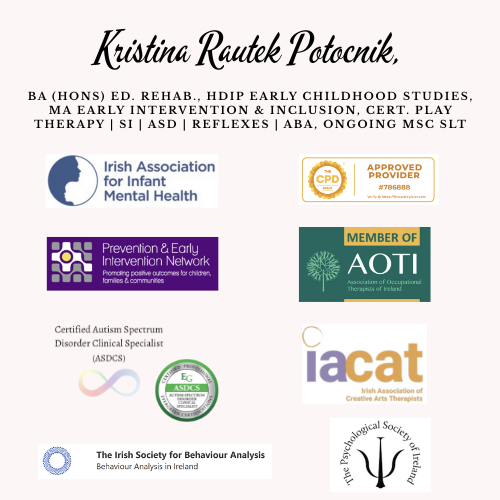Fine Motor Skills: What They Are and Why They Matter

Author: Kristina Rautek Potocnik, BA (Hons) Ed. Rehab., HDip Early Childhood Studies, MA Early Intervention & Inclusion, Cert. Play Therapy | SI | ASD | Reflexes, ongoing MSc SLT
Fine Motor Skills: What They Are and Why They Matter
Fine motor skills are the small movements we make using the muscles in our hands and fingers. These skills help children do everyday tasks like feeding themselves, getting dressed, drawing, and writing. When children build good fine motor skills, they also grow in confidence, focus, and independence.
Fine motor development starts early and grows step by step. In the first months of life, babies begin by using their whole hand to grasp objects. These early movements are mostly reflexes, but they are the start of learning how to control the hands.
Between 3 and 12 months, babies become more aware of their hands. Around 8 months, they begin to use their thumb and finger together, known as the pincer grasp. This allows them to pick up small items like bits of food or small toys. They also start exploring objects by moving them from hand to hand, which supports future skills like stacking and sorting.
From age one to three, children begin to control their hand movements with more purpose. They might stack blocks, turn pages, or try to use spoons and forks. They enjoy small objects and begin to build the strength and coordination needed for drawing and feeding themselves.
In preschool years, children start using tools like scissors, crayons and pencils. They draw simple shapes, cut along lines, and begin to dress themselves. These tasks help improve coordination between the eyes and hands, and prepare children for more complex tasks.
By school age, children continue to improve their control and precision. They learn to write letters and numbers, tie shoelaces, and use everyday tools. These fine motor skills help them take part fully in learning, play, and daily life.
Fine motor skills are also important for a child’s thinking and emotional growth. As children succeed in small tasks like drawing or buttoning a shirt, they feel proud and capable. They also build focus, patience, and problem-solving skills through practice.
In early intervention, supporting fine motor skills is part of helping each child reach their full potential. Some children may find fine motor tasks more difficult due to differences in coordination, attention, or sensory processing. Children with conditions like dyspraxia, autism, ADHD, or developmental delays may need extra support. But with the right activities and gentle guidance, they can improve these skills over time.
Simple, everyday activities are very helpful. Let your child explore with toys that can be stacked, sorted, or matched. Drawing, painting, modelling clay, and threading beads are fun ways to build hand strength and control. Let them help during meals by using spoons or helping set the table. Give them time to try dressing, opening containers, or packing a lunchbox.
Even cleaning up can support motor skills—picking up toys, wiping the table, or helping with small chores allows children to move with purpose and care.
The early years are the best time to support fine motor development. If you notice that your child is struggling with tasks like holding a crayon, picking up small items, or using their hands during play, it’s always okay to ask for advice. Early support makes a big difference.
By encouraging fine motor skills through everyday moments, we help children become more confident, capable, and ready for the world around them.
Latest Posts
- How children make sense of the world through their senses
- How your baby learns about the world through their senses
- Helping your child grow stronger through movement and play
- Understanding How Early Intervention Helps Children Learn, Move, and Connect
- How to Recognise Tactile Defensiveness and Help Your Child Feel Safe
- Understanding Feeding Challenges and How to Support Your Child at Home
- Let’s Talk Sitting: Exploring Floor Seating Options
- Retained Primitive Reflexes: The Hidden Cause Behind Developmental Struggles
- Where Curiosity Blossoms: How Children's Play Nurtures Growth for All
- Helping Your Child Through Stress: A Gentle Guide for Parents
- Sweet Little Lies – How to Recognise and Respond with Care
- Chores Are More Than Just Tasks – They’re a Tool for Growing Independence, Focus, and Confidence
- How to Help Children Develop Emotional Intelligence
- Blending Technology and Care: How VR Meta Quest Supports Children at NeuroNest
- A simple guide for parents who want to raise confident, happy children
- Setting Boundaries with Love: A Simple 3-Step Guide for Parents
- Understanding Behavior Through the Nervous System
- A Compassionate Lens on Dysregulation in Non-Speaking Autistic Individuals
- Supporting Development Through Movement: The Role of the Swing in Early Intervention
- Blending Tradition and Innovation: How NeuroNest Supports Your Child’s Unique Journey
- When Movement Meets Innovation: Supporting Child Development with GoBalance
- Why Visual Perception Matters for Everyday Life and Development
- Benefits of Chess in Early Intervention
- Building Healthy Nutrition from the Start
- A Journey Back to Your True Self
- Supporting Your Child’s Hand Skills for Confident Writing
- Blending the Best of Both Worlds
- Helping Toddlers Eat Well: A Parent’s Guide
- Why Tummy Time Matters for Your Baby's Development
- Helping Your Child Build Everyday Independence
- Who Are the Disconnected Kids?
- From First Tries to Automatic Habits: Understanding the Stages of Skill Learning
- Why a Child’s Level of Alertness Matters for Memory and Learning
- Early brain development starts before birth
- Why Slowing Down, Adapting Tasks, and Adding Breaks Helps Children Learn Better
- Why ADHD, Autism, Dyslexia and Other Challenges Need a New Approach
- The surprising power of copying in child development
- Books are more than just language tools—they’re powerful allies in sensory and motor development.
- Rethinking sensory support: moving beyond expensive rooms toward everyday understanding.
- Understanding how fear develops in a child’s brain
- Understanding how an early baby reflex can affect your child’s daily life
- A gentle start into baby development through movement and bonding
Our Partners



Our Memberships


